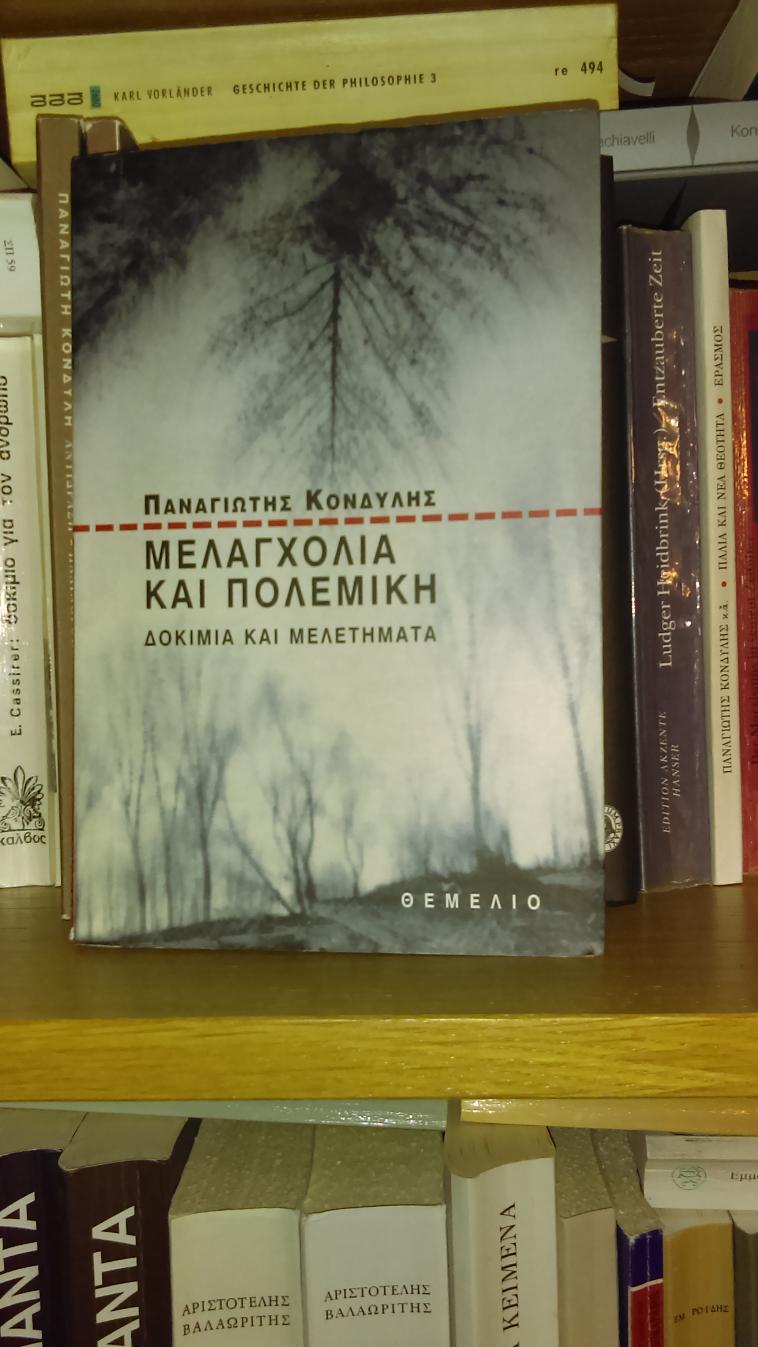[[READ THIS VERY CAREFULLY!!! IF YOU UNDERSTAND THIS, AND THEN UNDERSTAND THE DIFFERENCE BETWEEN ABSOLUTELY STRICT SCIENCE, AND HAVING TO SOCIALLY-POLITICALLY SUPPORT YOUR GROUP (TRIBE, NATION, CULTURE, ETC.) IF YOU WANT TO BE "A PART OF SOMETHING" DURING YOUR LIFE, THEN YOU ARE IN!!! YOU ARE NOW IN THE KNOW!!! YOU CAN THEN VIRTUALLY FEAST ON ALL THE UNBELIEVABLE INSIGHTS P.K.''s OEUVRE HAS TO OFFER, AND GOOD FOR YOU!!! EVEN IF YOU ARE SOMEONE I DON'T LIKE OR EVEN HATE, WE ARE ALL HUMANS, AND WE JUST HAVE TO ACCEPT THAT SOME WE SHALL LIKE, OTHERS WE SHALL DISLIKE, SOME WE SHALL LOVE, OTHERS WE SHALL HATE, AND OTHERS WE SHALL BE INDIFFERENT TOO, BUT WE ALL SHARE, OR SHARE IN, THE FUNDAMENTAL ANTHROPOLOGICAL AND SOCIAL-ONTOLOGICAL FEATURES OF HUMAN EXISTENCE - NOTWITHSTANDING THE UP TO TREMENDOUS DIFFERENCES BETWEEN INDIVIDUALS AND OR GROUPS.]]
"... Theories seek their objectification (that is to say, they ask to become inside society, a Whole, concealing that they are always the expression of a part,
an individual or a group), only because they directly or indirectly represent an
Ought. The theoretical privilege of the correct description could lay claim to, and acquire, practical significance (meaning) only if
the specific weight of pure theory inside society was notable; but it is something below negligible, and if it does not always
appear as such, the reason is that many of those who exercise social
influence by producing ideology take pleasure in the delusion that they
exercise it (such social influence) by producing high theory. Not the
theoretical action (the result(s) of an act or acts/the acting) of
axiologically free ([[non-normative]] value-free) description of the world in
itself, but its publication (an act which is not necessary), begets
some reactions and fermentations (zymoses) (i.e. intellectual interactions
producing specific kinds of (temporary) results or conclusions) in peripheral circles, being of use, in the end, in a new mobilisation and
self-reinforcement of socially dominant normative
thought. Thus, things come full circle. If
axiologically free ([[non-normative]] value-free) description of the world
changed the world and humans, then they would not have coincided any
longer with this description of them (i.e. the axiologically free description
of them), that is to say, the axiologically free ([[(non-normative) value-free]])
description of the world would have been automatically confuted (negated, cancelled)."
[[TAKE THAT, RETARDS!!!]]
"... When Mr. Georgiou reproaches or rebukes the fusion of the axiological (value(-related)) and of the real
level, he forgets not only that the human condition inside the circumstances (conditions)
of culture (civilisation) is interwoven so tightly with
axiological (value(-related)) preferences, (such) that, since even also
biological functions obtain an axiological (value(-related)) dimension, no
description of it (the human condition) is possible without reference to the
form and to the function of values; he also forgets that there are two
diametrically opposed ways of separating or distinguishing the axiological
(value(-related)) element from the real element: to consider the second (real
element) without being guided, lead (or [[otherwise]] directed) by the first
(axiological (value(-related))) element: descriptive consideration (the
descriptive way of looking at things)), or, to separate or distinguish the first/former
(axiological (value(-related))) as the criterion of analysis of the
second/latter (real element) (whereupon, the axiological (value-related)
(element) excels (surpasses, outweighs) the real (element), and is found at a
level higher than the real: normative consideration (the normative way of
looking at things)). It appears to me to be obvious which of the two ways is at an advantage with regard to scientific criteria, since it can be
shown empirically how values are formed and function inside the human condition,
however we are not in a position to comprehend that the world and humans would come outside of, i.e. exit, values – except if we ended up also again in
theology and Platonism."

